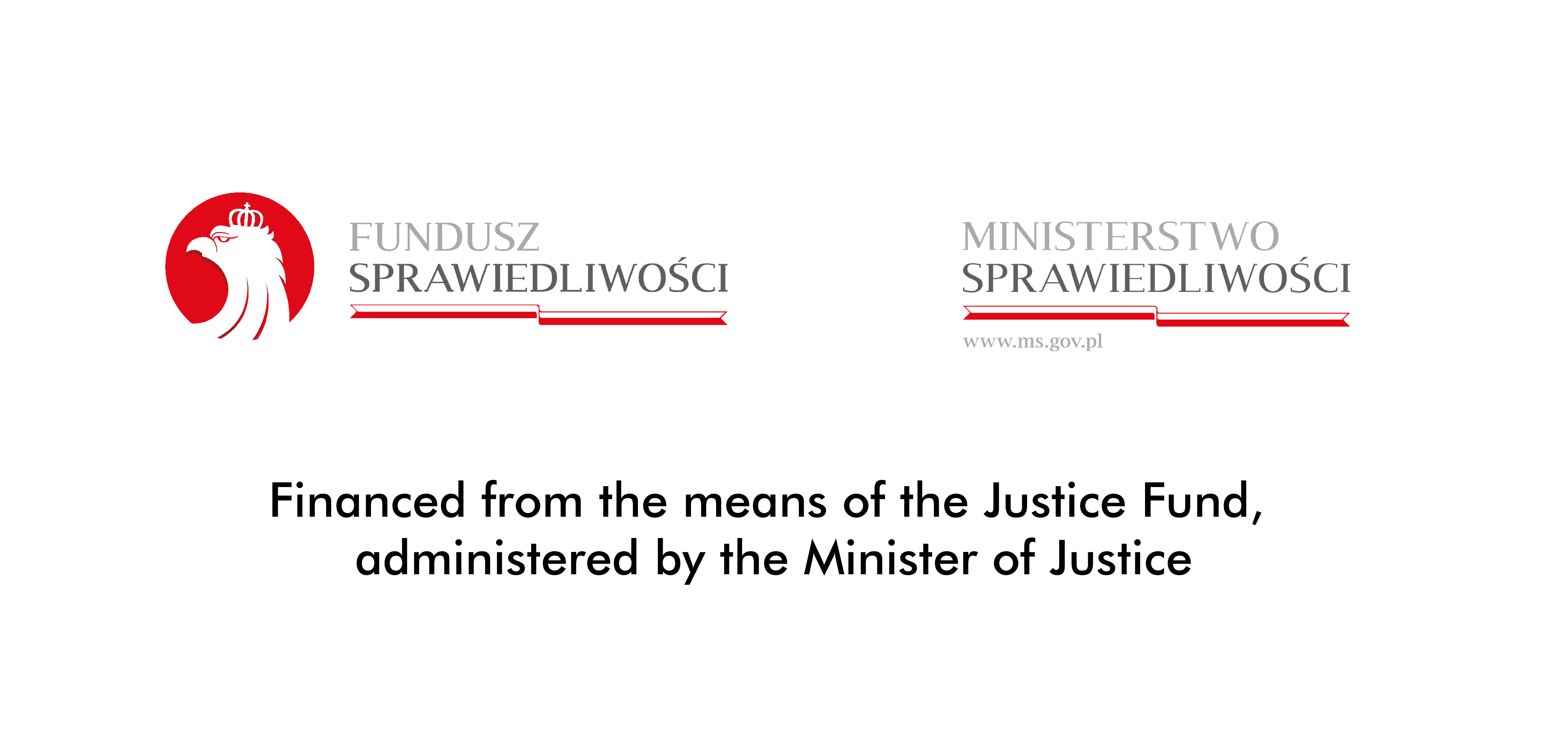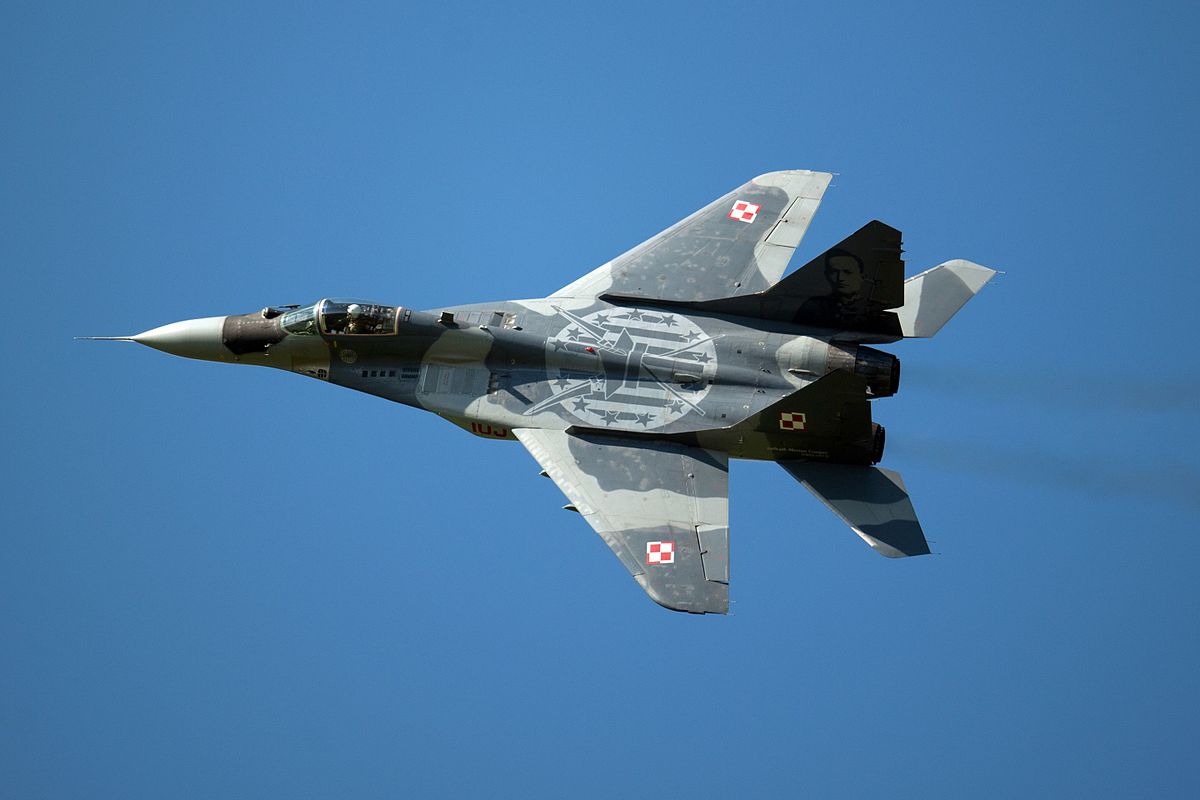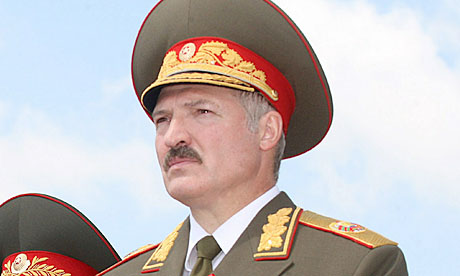The Soros network: The money and influence of a powerful revolutionist

Would the disappearance of Soros solve the problem of the ideologization of Polish public life? At this point, certainly not. However, the influence of his money and institutions on public life in Poland cannot be underestimated
Tomasz Rowiński
George Soros remains a symbol of external control of the policies of various countries through financial capital and ideas. This is especially true for the less structured countries, where political and social transformations of one kind or another are taking place. It is no coincidence that the American billionaire with Hungarian-Jewish roots has achieved particular influence in the Central and Eastern European region, including Poland.
Of course, some commentators, even those who note that our country has a problem of financing politics with foreign money, write that the accusations against Soros have more to do with conspiracy theories than reality. In an essay titled, “Is foreign capital spinning Polish politics? Soros, abortion and Polish NGOs” Piotr Trudnowski, president of the Jagiellonian Club, wrote about George Soros’ “mythical funds”. Certainly, since the public opinion of the billionaire’s activities has lost – especially in our part of Europe – much of its former enthusiasm, spreading the idea that Soros’ influence is essentially small is to his own advantage, as well as to those who work for him, and those who take money from his organizations.
“However much I fundamentally disagree with the agenda of many of the organizations supported by George Soros, and in some cases I directly consider them harmful, I am also convinced that the political significance of ‘Soros money’ in Poland is small. The best evidence for this is the fact that even if for years the funds from the Open Society Foundations (OSF) allowed to create strong and fertile […] ground for the ‘non-governmental environment’ in Poland, there is no denying that they are simply ‘in retreat’ in the public debate today.” – wrote Piotr Trudnowski. It is difficult to get to the source of the opinion about the retreat of “Soros institutions” in a situation where the progressive agenda has become an ideological core business of sorts in many influential global corporations. Today, Soros does not necessarily express support for everyone and everywhere, but he is undoubtedly still present where knowledge and ideas are produced. This is more than the act of reproducing ideological content by one corporation or another, it is a step forward, looking for new opportunities to decompose societies.
DISREGARD FOR PRINCIPLES
Trudnowski, of course, had something else in mind. He wanted to draw attention to a broader problem, i.e. the belief operating in Poland among left-wing and liberal politicians and activists that political programs can be financed through foreign capital and there is nothing wrong with that. Unfortunately, it is still impossible to separate this issue from the influence Soros obtains in return. “Personally, I don’t see anything wrong with organizations looking for funding abroad if they can’t find it in Poland”, she wrote. – Wanda Nowicka, a former deputy speaker of the Sejm and leader of the Federation for Women and Family Planning, wrote after the Ordo Iuris Institute published a report indicating that foreign feminist organizations donated millions of zlotys in the form of small grants, which helped fund the 2017 “black marches”.
Those who disregard the issue of Soros’ influence on the Polish public sphere, on the climate of political debate, usually also disregard and remain silent about certain legal principles that set the framework of public policy. “Well, whether foreign-funded NGOs like it or not, the Polish legislature – rather selectively but with unequivocal intent – decided that Polish politics should not be financed with foreign funds. This is what the provisions of the Law on Political Parties (Article 25), the Election Code (Article 132) and, finally, the Law on the Exercise of Legislative Initiative by Citizens (Article 16) establish”. – Trudnowski wrote in his text, pointing out that the “black marches” were organized on the basis of the “Save the Women” Citizens’ Legislative Initiative. The founding committee included representatives of the same organizations mentioned in the Ordo Iuris report.
“The widespread narrative surrounding the so-called ‘black marches’ that swept through Poland a year ago presents them as a grassroots and spontaneous movement. However, an analysis of publicly available data shows that the supposedly spontaneous actions by were organized by feminist organizations through gigantic funds from abroad, mainly from organizations funded by George Soros”, the Ordo Iuris study reads. Ordo Iuris pointed specifically to two OSF-linked feminist organizations that financially supported the organizers of the ‘black marches’. These were the Global Fund for Women and the International Women’s Health Coalition. In turn, the money flowed, among others, to the referenced Federation for Women and Family Planning, among others. Interestingly, the latter organization also benefited from grants that can be obtained under the so-called Norwegian funds, whose administrator at the time was the Batory Foundation, founded in 1988 by Soros, a very well-known and influential think tank openly and effectively pursuing a left-liberal agenda in Poland.
THE EFFECT OF SOROS MONEY
The issue of Soros’ influence in Poland may not always seem so obvious, because the OSF he founded – according to eurodesk.pl: “the world’s largest private fund of independent groups working for justice, democratic governance, and human rights” – seeks to optimize how it’s spending its funds. OSF does not simply shower the entire left-liberal world of think tanks and NGOs with money. Instead, it creates or supports institutions through which Soros-promoted ideas can gain greater influence. It also supports those centers that provide an opportunity to build properly formatted intellectual networks of expert connections, such as between the media and politics. OSF also helps selected media outlets or institutions in countries that, for various reasons, are considered important places on George Soros’ map of ideological warfare to survive periods of political downturn.
Thus, it is not only about direct capital flows, but also about the creation of networks of centers of influence. The Batory Foundation, which in addition to pursuing a specific intellectual and political agenda aimed at formatting public discourse, has for years, virtually unchecked, distributed funds from the EEA Financial Mechanism, or so-called Norwegian funds. According to a report prepared a few years ago by the Ordo Iuris Institute, it was apparent that the Batory Foundation was essentially arbitrarily distributing this money to leftist and liberal organizations, as if they did not possess the characteristics of public funds. And yet Poland receives them as part of an international agreement with the European Economic Area in exchange for access to the Polish market by its member countries. At the beginning of 2021, a Polish Administrative Court ruled that Ordo Iuris is right and the Batory Foundation is obliged to provide public information regarding the contents of agreements between the foundation and companies as well as individuals concerning the distribution of funds. The foundation should also disclose the criteria for awarding funds, the names, salaries and responsibilities of the members of the committee that selects the projects receiving funding. Access to similar information should apply to experts participating in the evaluation of projects. The organization has also been obliged to provide the exact criteria for awarding funds. In this context, The Batory Foundation’s years-long avoidance of its obligation to provide public information can hardly be described as anything other than an enfranchisement of Soros’ people on resources under the control of the Polish state.
One thing is certain: if we are looking for George Soros’ influence in Poland, we should not only limit our review to the grants of the OSF and its partners. Rather, one should conduct a detailed analysis of the entire network of organizations, dependencies and flows, in which only nodal points are often occupied by organizations directly dependent on Soros and OSF.
Of course, Soros and his people also intervene directly in various situations. When Agora, the publisher of Gazeta Wyborcza, faced serious financial problems in 2016, the billionaire-backed Media Development Investment Fund stepped in. This fund was set up to support – and with significant means – media projects in countries “where access to free media is threatened”. MDIF bought 5 million shares in the Polish company, worth an insignificant $17 million, the equivalent of about PLN 65 million at the time. Although it was declared at the time that the investment was for business purposes, it was no secret that the fund was also backing the company’s “principles”.
The MDIF’s method of development is again, in a manner characteristic of Soros-created entities – which initially gain momentum from the Soros’ funds, and then aggregate economic, human, and symbolic capital – attracting like-minded bodies, sometimes previously operating in dispersion. Yes, MCIF was created and supported by OSF, as well as Soros Corp, but, as Gazeta Prawna journalists wrote in 2016, “it also received investment money from many other sources. These include Swedish and Swiss government agencies, funds investing in emerging markets, and associations promoting freedom of speech”.
INFLUENCE IN MANY PLACES
The OSF also supports more niche projects and ventures that are nevertheless considered important because they create and advance ideas that are in line with Soros’ ideology. An important beneficiary of the OSF is the Stanislaw Brzozowski Association, the publisher of the radical left-wing magazine Krytyka Polityczna. If this association’s income amounted to 5.36 million PLN last year, and 1.9 million was provided in grants by the Soros Foundation, this means that we are dealing with very substantial support of a direct nature. Once again, we are seeing the seeds of a certain method that can be described as a “drip feed” for circles supporting the ideas of the so-called open society for times of political downturn.
In 2021 – presumably grateful for the help to the environment – Krytyka Polityczna Publishing House published Soros’ book “In Defense of an Open Society”, which was presented on the publisher’s website as “important reading for all those outraged by recent political changes”. The KP website also featured the views of OSF President Mark Malloch-Brown, who in the past was, incidentally, deputy secretary general of the UN. “We need to ask the question of how to regain public support for democratic norms and human rights while more clearly identifying the enemies of open societies”, Malloch-Brown’s piece reads. The article is both an homage to Soros and a lecture on his ideology, in which words like ‘democracy”, “freedom” and “open society” are just a smokescreen for those who think otherwise.
Many other entities benefit from OSF’s support, such as the influential weekly online blog Kultura Liberalna, which is supported not only by OSF, but also the Batory Foundation, and the Council of Europe. This institution also benefits from the financial support of the Soros Foundation. Thanks to OSF money, debates are held, books are published, which always have a similar vector – it is the formatting of resentment against those who do not agree with the leftist and liberal vision of the world. Among the OSF grantees one can find many interesting entities, such as the Watchdog Civic Network, the Panoptykon Foundation or the Faculty of Artes Liberales at Warsaw University. However, the NGO world in particular – or rather, a certain part of it – is permeated by the influence of George Soros’ institutions.
When Soros received an award from the Inside Philanthropy website in 2020, the justification said: “It may not be the most creative choice. But no donor is doing more to fend off the rising tide of authoritarianism around the world. Soros is engaged in ‘his biggest battle to date’ at home and abroad, promising to donate $800 million to support academic freedom in Central Europe.”
CIRCLE OF POLITICAL LOYALTY
It’s worth pausing for a final look at how Soros is building his influence – or perhaps more so the influence of his ideas – in the Polish media. The grant system itself is networking people and organizations, and produces structures of loyalty and ideological identity. In February of this year, an interview video surfaced in the media featuring Andrei Nosko, the former OSF director in charge of “distributing grants to think tanks in OSF’s European division”.
“The problem can be illustrated by the fact that there are far fewer foreign correspondents in the mainstream media reporting on the affairs of a larger number of countries”, the former OSF director said. “This leads to a situation where it is very easy to denigrate Poland and Hungary without any real arguments”. – Nosko continued. According to Nosko, many Western journalists, out of laziness or unfamiliarity with the language, have asked and are asking directly for commentator or expert contacts to people associated with OSF. These in turn recommend people from institutions, think tanks or media outlets with ideological and financial ties to them. These, in turn, recommend others who remain within the circle of the same ideological identity or political loyalty.
The consequences are easily observable. In many mainstream media outlets around the world, journalists from Gazeta Wyborcza, Krytyka Polityczna or Kultura Liberalna have remained experts on Polish affairs for decades. This means that the image of Poland in global media is based on a secondary-sourced and one-sided perspective, both in the layer of description and opinion. It does not say that the Right is gaining democratic support in our country, and the Left tends to go against the constitutional order with the support of foreign money, as in the matter of the protection of unborn life. Instead, we repeatedly see opinions about the undemocratic nature of our country’s governance, and made up stories about restrictions on the freedoms of the political opposition or various minorities.
Would Soros’ disappearance solve the problem of the ideologization of Polish public life? At this point, certainly not. However, one cannot ignore the fact that his money and his institutions, which watch over the “open society”, are still the glue that integrates the forces acting – in varying levels of extent, of course – against Polish sovereignty, political and moral tradition and, ultimately, freedom.
This article was published in August 2022 in “Do Rzeczy” magazine.




